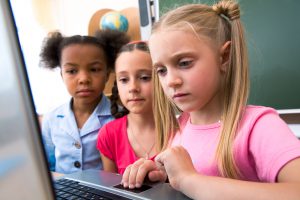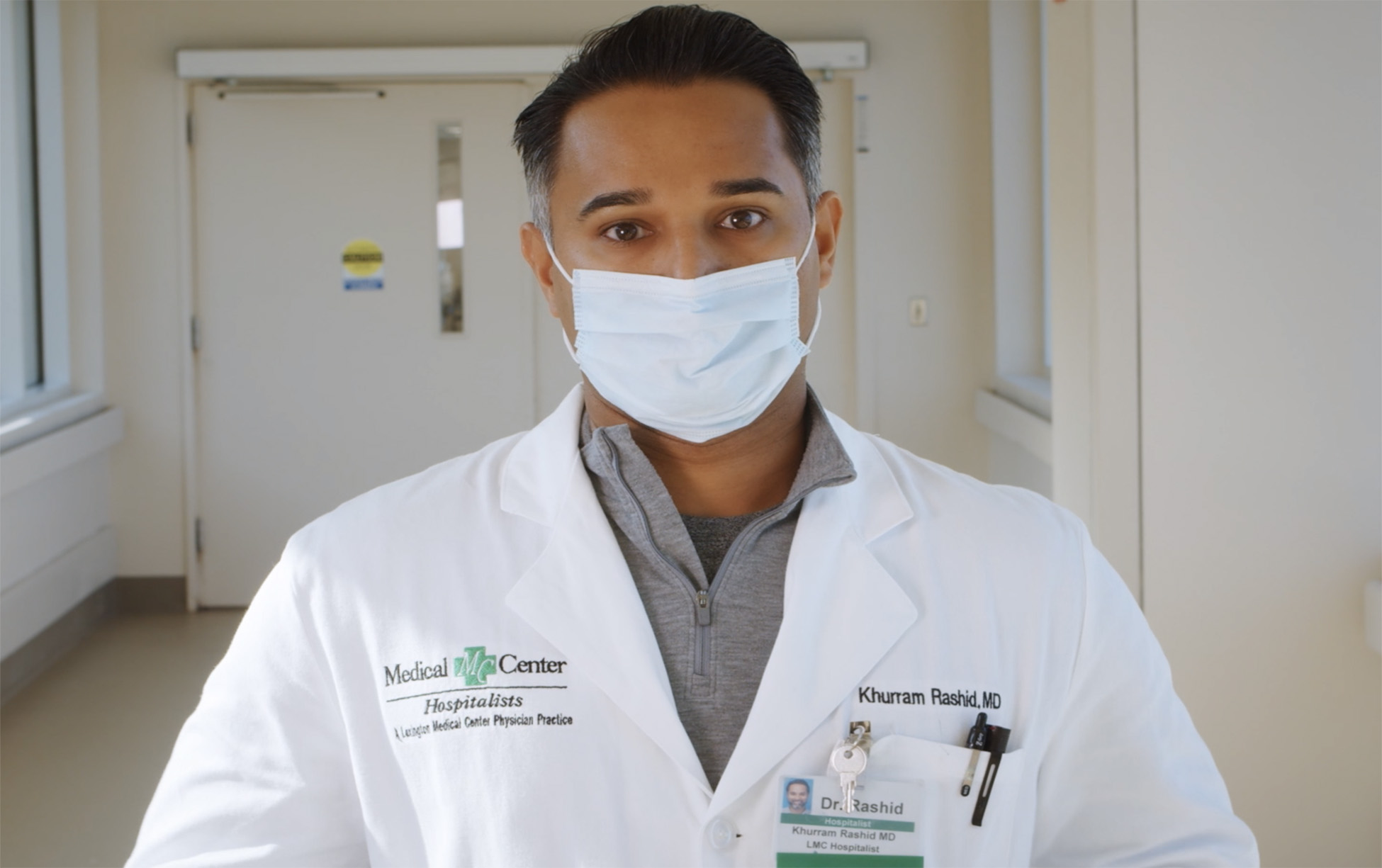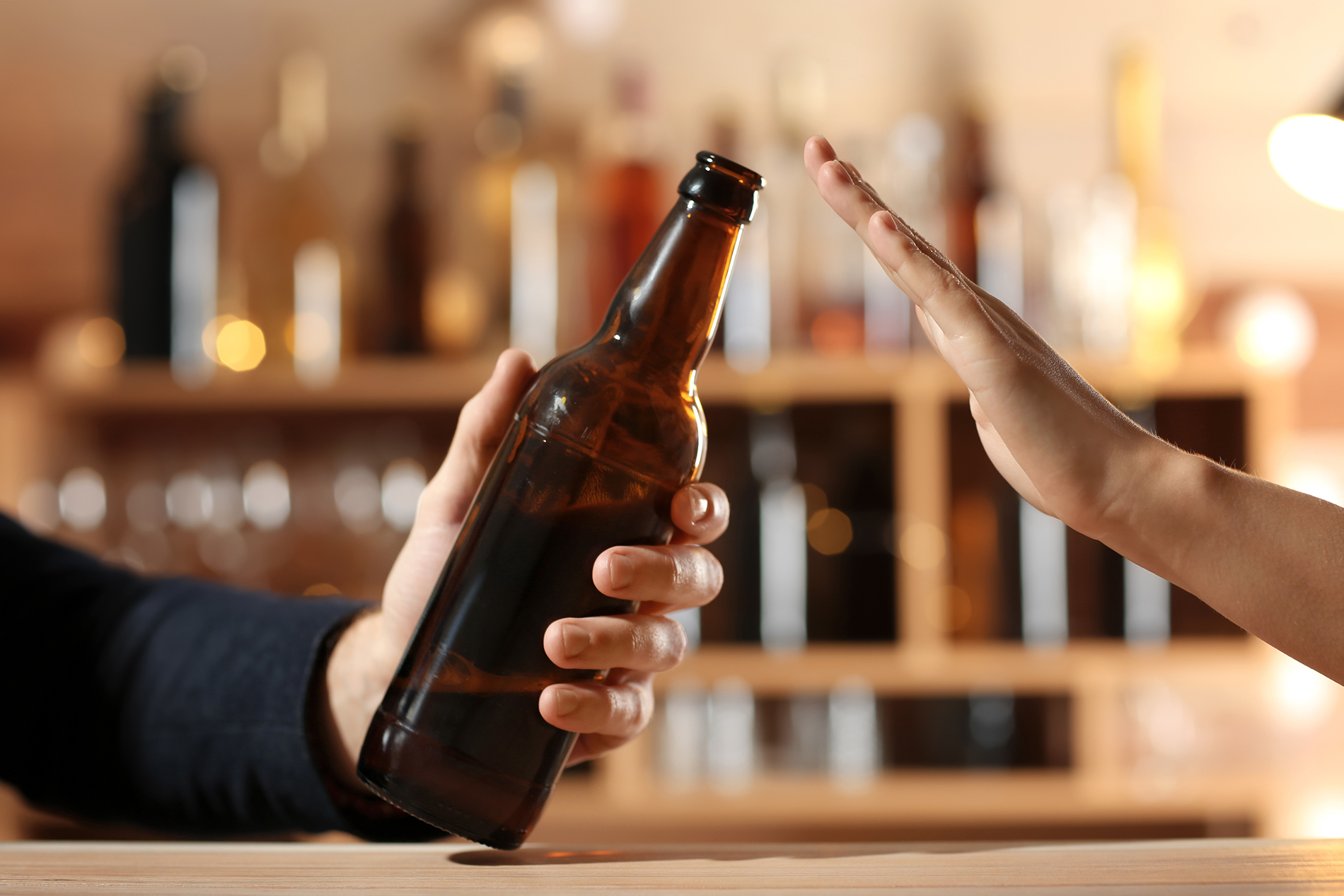Below is a great article from our friends at the American Academy of Pediatrics and their website, HealthyChildren.org. It reviews ways to help ease children's fears during a hurricane. The information is very helpful. They provide great resources for many topics on raising children.
Children can cope more effectively with a disaster when they feel they understand what is happening and what they can do to help protect themselves, family and friends. Provide basic information to help them understand, without providing unnecessary details that may only alarm them.
Very Young Children Provide concrete explanations of what happened and how it will affect them (e.g., a tree branch fell on electrical wires and that is why the lights do not work). Let children know there are many people who are working to help them and their community to recover after a disaster (such as repair crews for the electric company, or firefighters, police, paramedics, or other emergency personnel). Share with them all of the steps that are being taken to keep them safe; children will often worry that a disaster will occur again.
Older Children They will likely want, and benefit from, additional information about the disaster and recovery efforts. No matter what age, start by asking children what they already know and what questions they have and use that as a guide for the conversation. Limit media coverage of the disaster—if children are going to watch media coverage, consider taping it (to allow adults to preview) and watch along with them to answer questions and help them process the information.

While children may seek and benefit from basic information about what happened so that they can understand what is happening in their world, they (and adults) do not benefit from graphic details or exposure to disturbing images or sounds. In the aftermath of a crisis is a good time to disconnect from all media and sit down together and talk as a family.
Be sure to ask children what questions or concerns they have. Often they have fears based on limited information or because they misunderstood what they were told. Reassure children when able to do so, but if their fears are realistic, do not give false reassurance. Instead, help them learn how to cope with these feelings.
How Parents Can Help Children Cope After a disaster or crisis, children benefit from adults who can help them learn how to cope effectively. Although it is not useful for adults to appear overwhelmed by the event, it is helpful for them to share some of their feelings and what they are doing to deal with those feelings. Children cannot be expected to cope with troubling feelings if no one models effective coping. Allow children to "own" their feelings.
Let your child know that it is all right to be upset about something bad that happened. Use the conversation to take the opportunity to talk about other troubling feelings your child may have. A child who feels afraid is afraid, even if adults think the reason for the fear is unnecessary. If you feel overwhelmed and/or hopeless, look for some support from other adults before reaching out to your child.
Getting Involved In Your Community Children, just like adults, often feel helpless after a disaster. Help them figure out what they can do—that is meaningful to them—to help others in their community impacted by the disaster.




